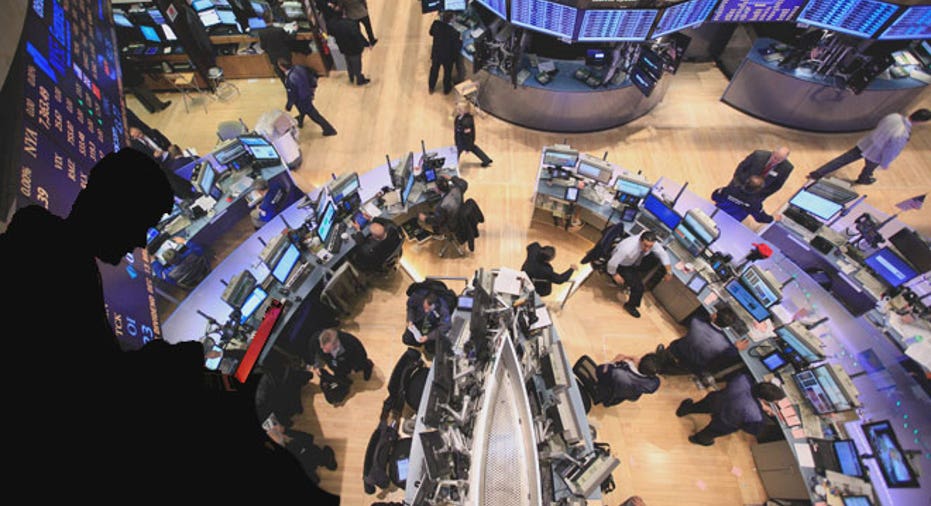Survey: 'Hash Crash' Didn't Seriously Erode Market Structure Confidence

Even as a growing number of market participants express concern about market structure, a new survey reveals that two-thirds of market participants believe last month’s "Hash Crash" caused by The Associated Press’s hacked Twitter account had no impact on market structure confidence.
The poll from the TABB Group comes exactly three years after the flash crash caused the Dow Industrials to mysteriously tumble 1,000 points, setting off a wider debate about the safety of the increasingly-complex markets structure.
Survey respondents continue to indicate diminished confidence in market structure since the flash crash, with just 30% now saying they have “very high” or “high” confidence, compared with 36% in June 2012 and 53% in May 2010. Now 39% have “weak” or “very weak” confidence in market structure, compared with just 15% three years ago.
The April 23 Hash Crash had a far more muted impact on the markets. The blue chips tumbled about 144 points after the AP Tweet falsely said there had been an explosion at the White House that injured President Obama, causing mass confusion for several nerve-wracking minutes on Wall Street.
Most market participants told the TABB Group the incident had no impact on confidence in market structure, led by 74% of execution venues/clearinghouses and 65% of buy side. About 57% of broker/dealers and 61% of vendor professional services said the same.
Survey respondents also said they believe the U.S. equity markets were most negatively impacted by the hacked Tweet, followed by the futures market and equity options.
“From a market structure perspective, everything worked as it should have, given the circumstances,” TABB Group concluded in its report.
The survey also shows that 72% of respondents believe the Securities and Exchange Commission will take five months or more to issue a report on the Hash Crash.
While a group known as the Syrian Electronic Army claimed responsibility for the attack, some believe the intention was to influence the markets.
Most respondents said a foreign government was the most likely culprit for the hack, but market manipulator was the second most popular response, followed by a domestic anti-Wall Street organization and a “bored reporter looking to generate news.”
Nearly half of TABB Group respondents said they ignore social media in their investment decisions.



















